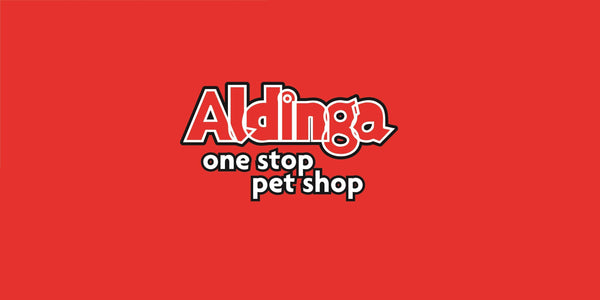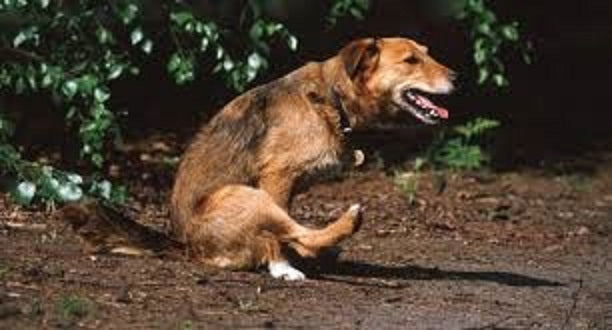Have you ever seen a dog literally drag its butt across the ground? It’s sometimes called ‘scooting’ and it can look comical, but it’s a dog’s way of indicating something isn’t quite right around its rear end.
If you notice your dog butt-dragging, it’s usually because of an itch, irritation, pain or other discomfort. In many cases, ‘scooting’ can be a one-off event that’s no cause for concern. But, it’s worth keeping an eye on your dog to see if the behaviour continues. It’s also worth checking your dog’s behind yourself for visual clues such as redness or swelling. If anything looks out of the ordinary, or if the butt-dragging drags on, it’s time to take your dog to the vet who may diagnose one of the following:
Inflamed anal glands
Dogs have two small anal sacs that release a liquid when they poo. But if the anal sacs aren’t working properly, the liquid can build up. The sacs can then become inflamed or infected, which can be painful for your dog. As well as ‘scooting,’ your dog may lick or chew around its behind to indicate a problem. Vet treatment may include medication or expressing the glands.
Parasites
Intestinal parasites such as worms could also be the problem. They can cause itching and irritation around the anus. Prevention includes regular worming and flea treatment. You may also need to treat your dog’s environment to ensure it’s flea-free.
Skin irritation from grooming
Dogs that are groomed regularly may experience irritation from clippers, sprays or scented hygiene products. Treatment includes medication, compresses, topical ointments, or switching to grooming products for sensitive skin.
Food
Food allergies, intolerances or a diet lacking in fibre can affect digestion and stools, resulting in irritation or pain. Let your vet know what your dog eats and whether there have been any changes to its diet, so that they can get to the root of the problem.
Finally, it’s important to remember that ‘butt-dragging’ is nothing to be embarrassed about. Definitely don’t punish your dog for its behaviour – they’re likely to be confused and in need your comfort and help to sort out the problem.
Article Supplied by Just For Pets

